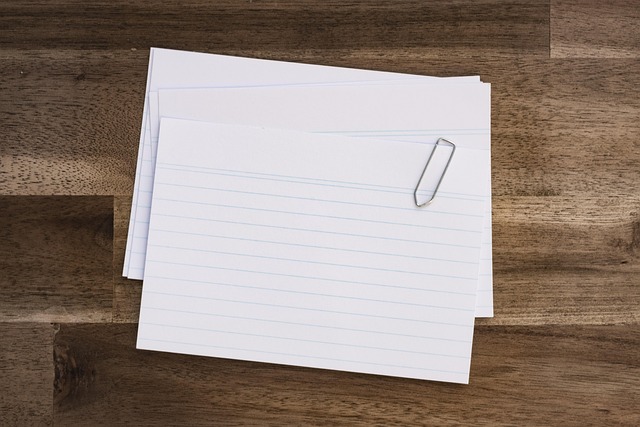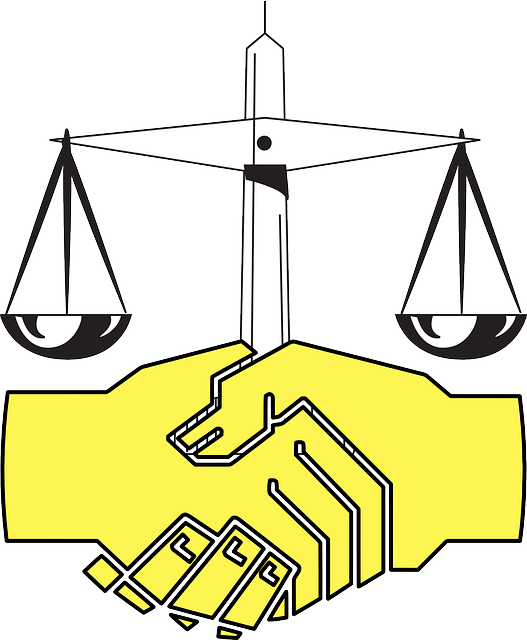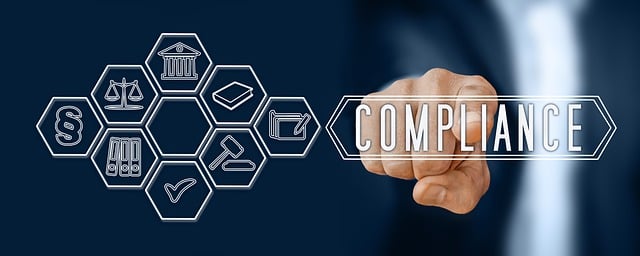Contempt of court cases involve non-compliance or obstructive conduct towards a court's orders, with civil (enforcement of rights) and criminal (willful disobedience) variations. Legal professionals are crucial, guiding clients through complex processes, advocating for their rights, and negotiating resolutions. The process starts with a petition, followed by a hearing where both sides present arguments. Defense strategies include understanding allegations, applying legal standards, negotiating solutions, apologizing, explaining circumstances, and demonstrating commitment to future obligations.
“In navigating complex legal landscapes, understanding contempt of court cases is paramount. This comprehensive guide delves into the intricacies of these matters, offering a detailed exploration of their definitions and diverse types. We highlight the pivotal role played by legal professionals in such proceedings, while providing an in-depth overview of the legal process involved.
From initial steps to strategic defenses, this article equips readers with essential knowledge to navigate contempt of court cases effectively.”
- Understanding Contempt of Court Cases: Definitions and Types
- The Role of Legal Professionals in Contempt Matters
- Navigating the Legal Process: Steps Involved in a Contempt Proceeding
- Strategies for Defense and Mitigation in Contempt of Court Cases
Understanding Contempt of Court Cases: Definitions and Types

Contempt of court cases refer to instances where individuals or entities fail to comply with a court’s orders or engage in conduct that obstructs the administration of justice. It is a serious matter, often resulting from deliberate actions or negligence, that can have significant legal repercussions. The term ‘contempt’ encompasses various forms, including civil and criminal contempt, each carrying distinct characteristics and penalties.
Civil contempt involves non-compliance with an order intended to enforce a party’s rights, such as refusing to pay alimony or failing to disclose financial records. In contrast, criminal contempt is more severe, often occurring when someone willfully disobeys a court order, like refusing to appear in court when subpoenaed. Understanding these types is crucial for both legal professionals and individuals involved in legal proceedings, as it determines the appropriate response and potential outcomes in contempt of court cases.
The Role of Legal Professionals in Contempt Matters

Legal professionals play a pivotal role in contempt of court cases, offering comprehensive services that guide clients through complex legal processes. Their expertise is crucial for navigating the nuances of judicial proceedings, ensuring every step aligns with established laws and regulations. These professionals provide vital support by assisting in preparing legal arguments, interpreting intricate court rules, and representing clients’ interests effectively.
In contempt matters, lawyers act as advocates, protectors of their clients’ rights, and skilled negotiators. They help individuals and organizations understand their obligations and potential consequences, enabling them to make informed decisions. Through strategic legal guidance, they facilitate resolutions, whether through settlements or robust defenses, ultimately helping to resolve disputes efficiently while upholding the integrity of court proceedings.
Navigating the Legal Process: Steps Involved in a Contempt Proceeding

Navigating the legal process in a contempt of court case involves several key steps. Initially, a party or an aggrieved individual must file a petition or motion, setting out the specific allegations of contempt and providing relevant evidence to support their claim. This document should clearly articulate the alleged violations, including any breaches of court orders or rules. Once filed, the court will review the petition and determine whether there is sufficient cause to proceed with the matter. If deemed necessary, a hearing date will be scheduled.
At the hearing, both parties present their arguments and evidence before a judge. The accused has an opportunity to defend themselves against the allegations, challenging the validity of the claims and providing their own counterarguments. The judge listens to all sides, evaluates the evidence, and ultimately makes a decision on whether the respondent is in contempt of court. This process ensures that both parties have a chance to be heard and that justice is served within the legal framework.
Strategies for Defense and Mitigation in Contempt of Court Cases

In contempt of court cases, a robust defense strategy is paramount. The first step involves a thorough understanding of the allegations and the specific legal standards applied in such cases. Legal professionals can help navigate the complexities by examining the context, intent, and any mitigating factors. They can challenge the evidence presented, question the procedural validity of the contempt charge, and explore alternative resolutions, such as setting clear terms for compliance or proposing a payment plan to rectify the violation.
An effective defense strategy may include negotiating with the opposing party or the court to reach a mutually agreeable solution. This could involve apologizing for any missteps, explaining extenuating circumstances, or demonstrating a commitment to fulfilling future obligations as ordered by the court. By employing these strategies, individuals facing contempt of court cases can strive to mitigate the potential consequences and find a resolution that respects their rights while adhering to legal requirements.






